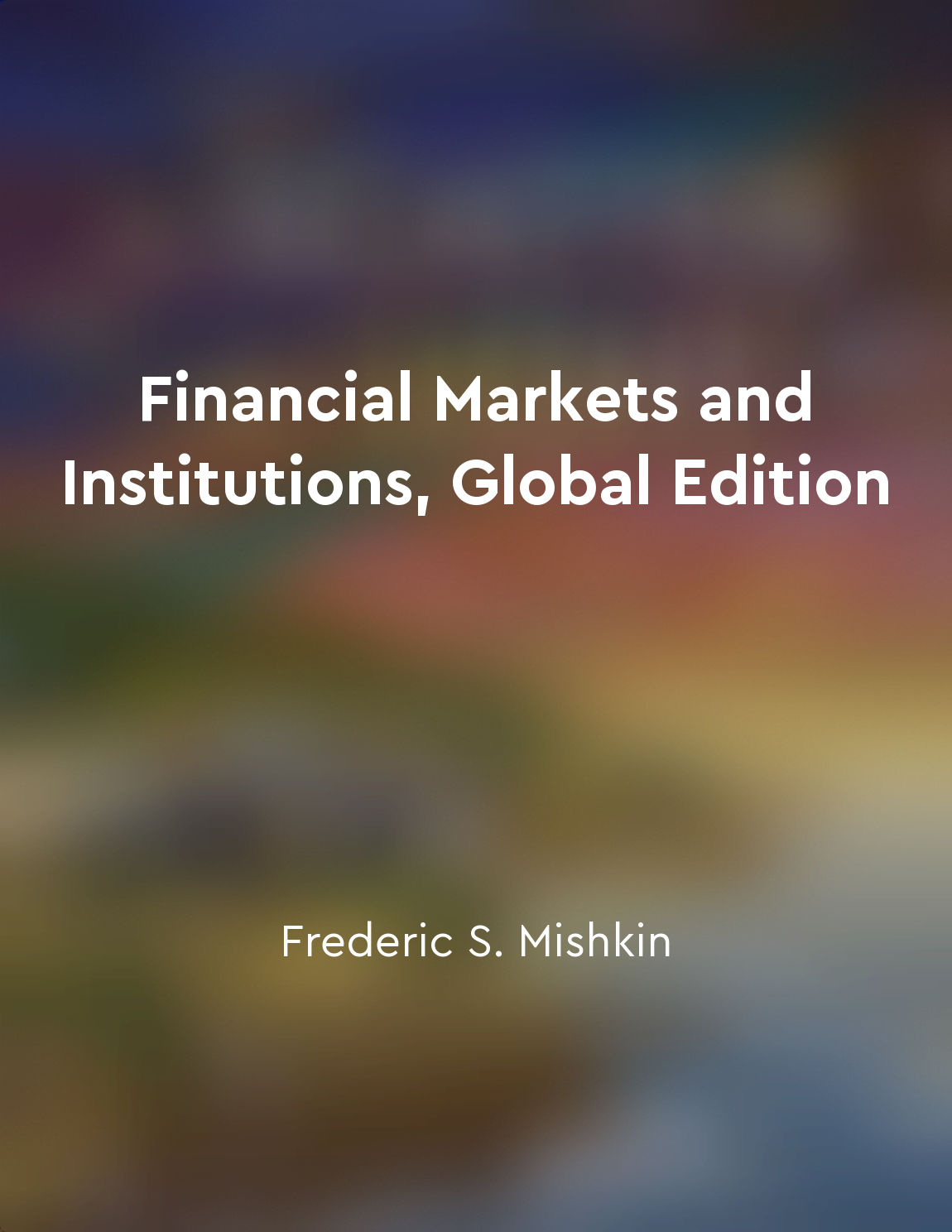Choose funds with low expense ratios from "summary" of Common Sense on Mutual Funds by John C. Bogle
A critical consideration in the selection of mutual funds is the expense ratio, which measures the cost of owning a fund. The expense ratio represents the percentage of a fund’s assets that are deducted annually to cover management fees, administrative costs, and other operating expenses. These costs can have a significant impact on an investor’s returns, as they are deducted directly from the fund’s net asset value. Investors often overlook the importance of expense ratios when evaluating mutual funds, focusing instead on historical performance or star ratings. However, research has shown that expense ratios are a strong predictor of future performance. Funds with low expense ratios tend to outperform those with high expense ratios over the long term, as the lower costs enable more of the fund’s returns to be passed on to investors. In selecting funds with low expense ratios, investors can maximize their chances of achieving superior returns. By minimizing costs, investors can keep more of their investment gains, compounding their wealth over time. The impact of expenses on investment returns is particularly pronounced over extended periods, as even seemingly small differences in expense ratios can add up to significant amounts over time. When comparing funds, investors should consider not only the expense ratio itself but also the potential impact of costs on their investment returns. While expense ratios are disclosed in a fund’s prospectus, investors should also be aware of other costs, such as sales loads, transaction fees, and taxes, which can erode returns. By choosing funds with low expense ratios and minimizing other costs, investors can enhance their long-term investment outcomes.- Selecting funds with low expense ratios is a fundamental principle of successful investing. By focusing on minimizing costs, investors can improve their chances of achieving superior returns over the long term. While expense ratios may seem like a small detail, they can have a significant impact on investment performance. Therefore, investors should carefully consider the costs associated with owning a fund and choose funds with low expense ratios to maximize their investment returns.
Similar Posts
Historical data may not predict future market performance
Market analysts often rely on historical data to make predictions about future market performance. They believe that by studyin...
Follow your interests when investing
When it comes to investing, it's crucial to follow your interests. This may seem like simple advice, but it can make a signific...
Regular review of portfolio
Regular review of portfolio is a crucial aspect of managing your mutual funds effectively. It involves monitoring the performan...
Sustainable investing focuses on ESG factors for longterm value creation
Sustainable investing is a strategy that places emphasis on environmental, social, and governance (ESG) factors when making inv...
Embrace simplicity in your investment strategy
In the complex world of investing, simplicity is often undervalued. Investors are bombarded with a plethora of options, strateg...
Avoid getrich-quick schemes
Get-rich-quick schemes promise fast and easy money with little effort or risk. They often prey on people's desire for quick wea...

Market liquidity is essential for smooth trading activities
Market liquidity refers to the ease with which assets can be bought or sold in the market without causing a significant change ...
Invest for the long term
Investing for the long term is a fundamental principle that every investor should abide by. It is about having a patient and di...
Stay informed about market trends
Staying informed about market trends is crucial for successful investing. By keeping a close eye on market trends, you can make...
Overconfidence leads to costly investment mistakes
Overconfidence is a common trait among investors that can lead to costly investment mistakes. When investors believe they have ...

